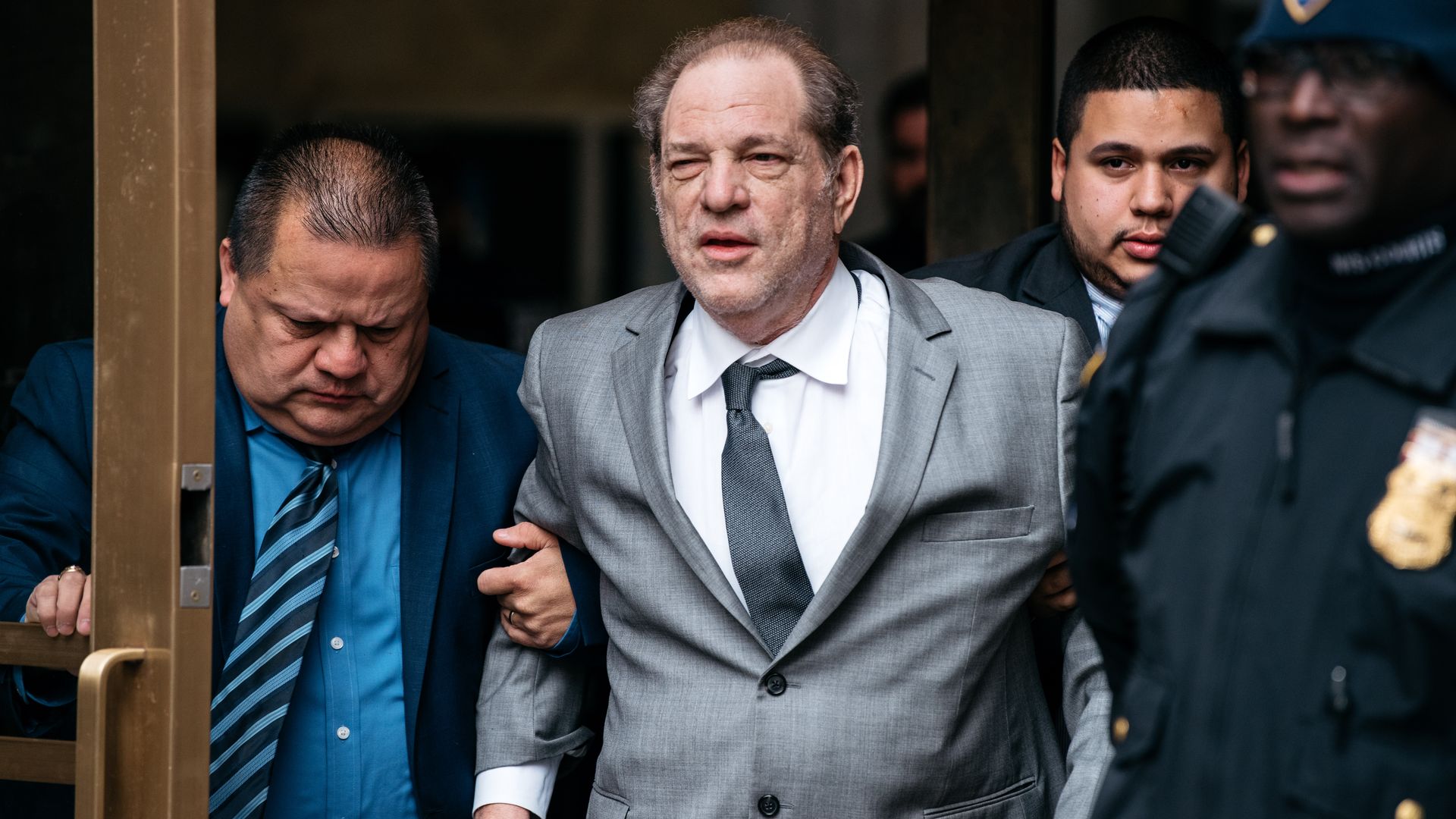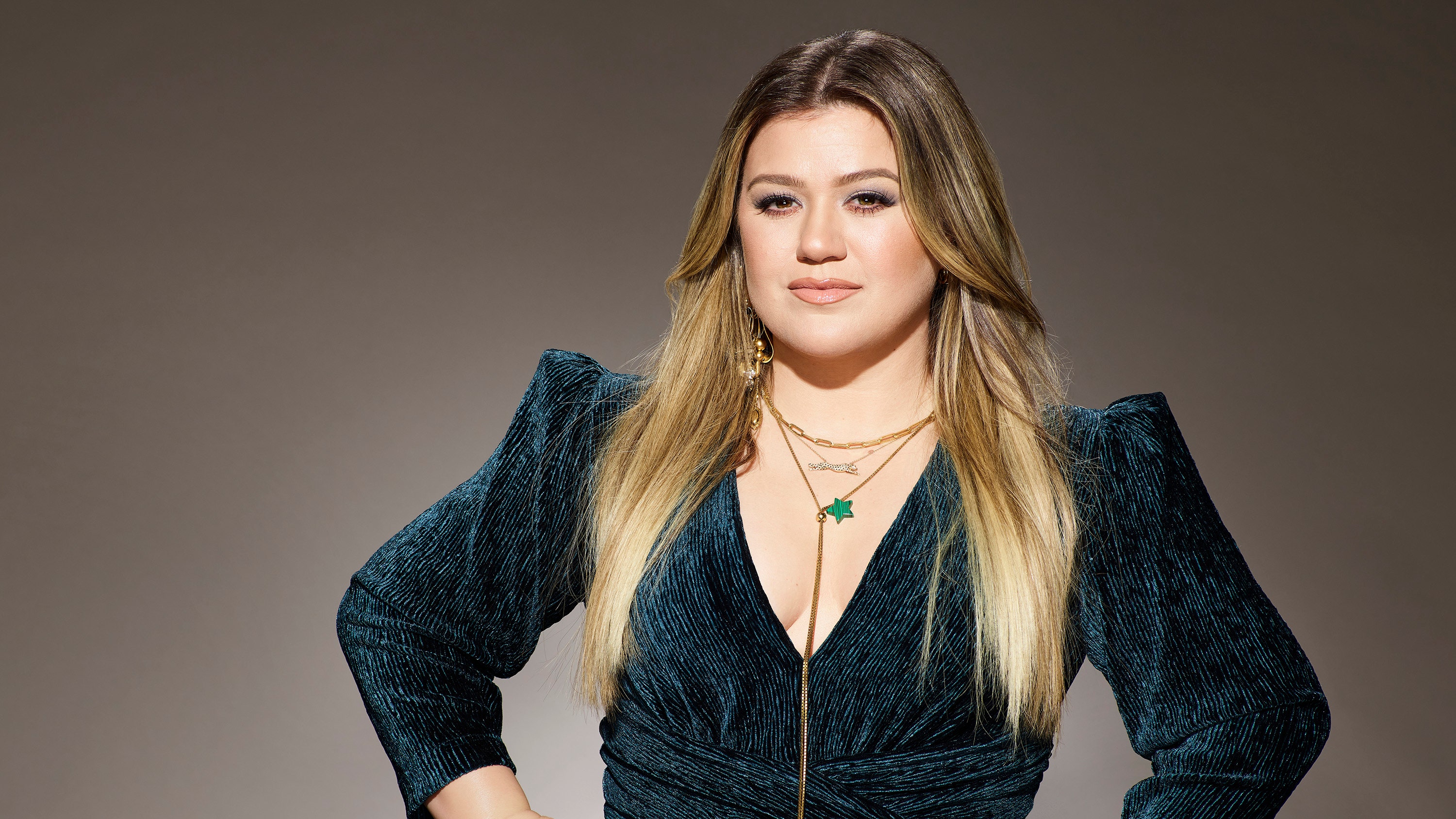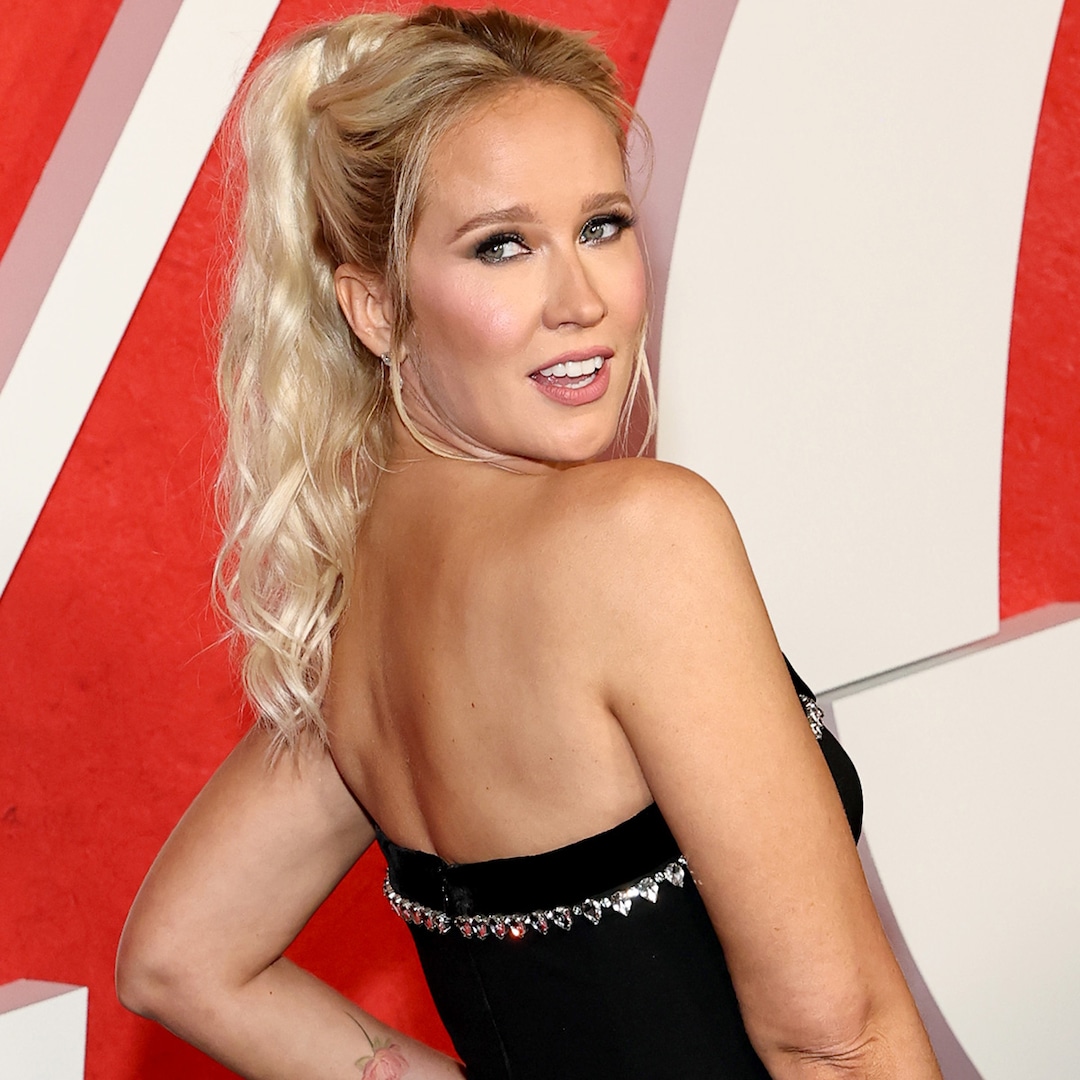What Happened
On June 11, 2025, Harvey Weinstein was convicted of one count of criminal sexual act in a retrial of his sex crimes case in New York. This conviction marks Weinstein’s second guilty verdict related to sexual assault, following a previous conviction in 2020 that was later overturned. The jury, composed of seven women and five men, reached a mixed verdict, acquitting Weinstein of another charge and failing to reach a decision on a third charge of third-degree rape. The jury’s deliberations were marked by tension, with reports of conflicts among jurors, including accusations of bullying and threats.
The retrial focused on the testimonies of three women: Miriam Haley, Jessica Mann, and Kaja Sokola. Haley testified that Weinstein assaulted her in 2006, while Mann accused him of raping her in 2013. Sokola’s allegations, which were added to the case during this retrial, involved an incident from 2006. The jury found Haley’s testimony credible enough to convict Weinstein but did not find sufficient evidence to convict him in Sokola’s case and remained deadlocked on Mann’s allegations.
Key Details
-
Verdict Breakdown: The jury convicted Weinstein of one count of criminal sexual act against Miriam Haley, acquitted him on a similar charge involving Kaja Sokola, and could not reach a verdict on the charge of third-degree rape concerning Jessica Mann.
-
Trial Context: This retrial followed the New York Court of Appeals’ decision to overturn Weinstein’s 2020 conviction, which had included testimony from women whose allegations were not part of the charges against him. The retrial was narrower in scope, focusing solely on the three women directly involved in the case.
-
Jury Dynamics: The jury deliberations were fraught with tension, with reports of jurors arguing and expressing concerns about the fairness of the deliberation process. The foreperson raised issues about feeling pressured to change his opinion, leading to a request for a mistrial, which was denied.
-
Weinstein’s Health: Throughout the trial, Weinstein’s declining health was a notable factor. He appeared in court using a wheelchair and had been receiving medical treatment for various ailments, including cancer and diabetes.
-
Legal Implications: Following this conviction, Weinstein faces a potential maximum sentence of 25 years for the charge he was convicted of. He is also serving a 16-year sentence in California for separate sexual assault convictions.
Multiple Perspectives
The mixed verdict has elicited various interpretations. Supporters of the #MeToo movement view the conviction as a significant victory, reinforcing the message that powerful individuals can be held accountable for sexual misconduct. Jane Manning, a lawyer and advocate for rape survivors, emphasized that the outcome demonstrates that juries can handle complex sex crime cases and that prosecutors should not shy away from bringing such cases to trial.
Conversely, Weinstein’s defense team has argued that the trial was unfair, claiming that jurors were influenced by preconceived notions about Weinstein’s character rather than the evidence presented. They have indicated intentions to appeal the verdict, citing concerns about juror conduct during deliberations.
Context & Background
Harvey Weinstein’s case has been pivotal in the #MeToo movement, which has brought attention to sexual abuse and harassment, particularly in the entertainment industry. Weinstein, once a powerful figure in Hollywood, co-founded Miramax and produced numerous award-winning films. However, allegations of sexual misconduct against him surfaced in 2017, leading to criminal charges and a broader societal reckoning regarding sexual harassment and assault.
The retrial’s focus on a narrower set of allegations reflects the legal complexities surrounding sexual assault cases, particularly regarding the admissibility of prior bad acts. The previous conviction’s overturning highlighted the challenges prosecutors face in presenting evidence that may influence jurors’ perceptions of a defendant.
What We Don’t Know Yet
As the jury continues to deliberate on the third charge of third-degree rape involving Jessica Mann, the final outcome remains uncertain. The dynamics within the jury room, including the potential for further conflict or resolution, could significantly impact the final verdict. Additionally, Weinstein’s legal team has indicated plans to appeal the current conviction, which may prolong the legal proceedings surrounding his case.
Furthermore, the implications of this retrial on the broader #MeToo movement and future sexual assault cases remain to be seen. Observers are keen to understand how this verdict will influence public perceptions of accountability for sexual misconduct and the willingness of other survivors to come forward with their stories.




